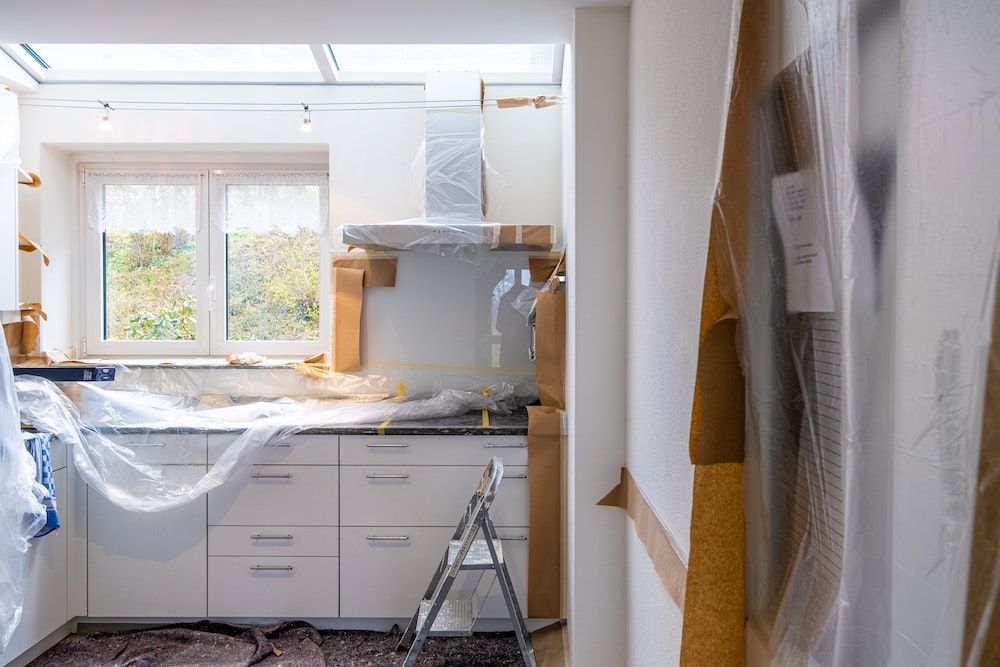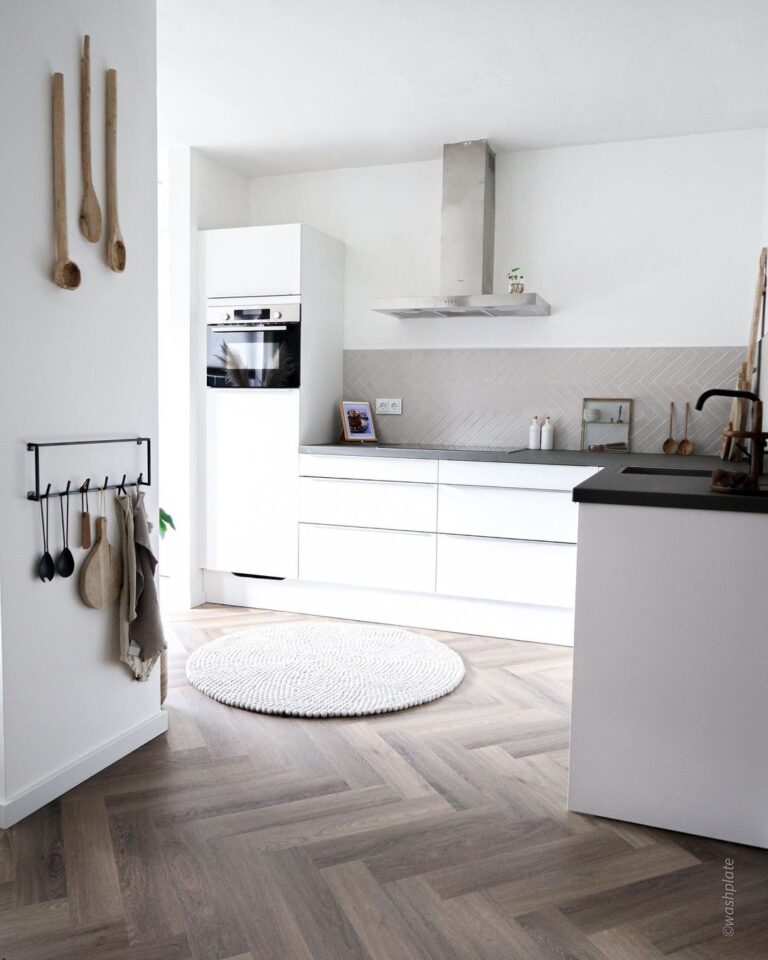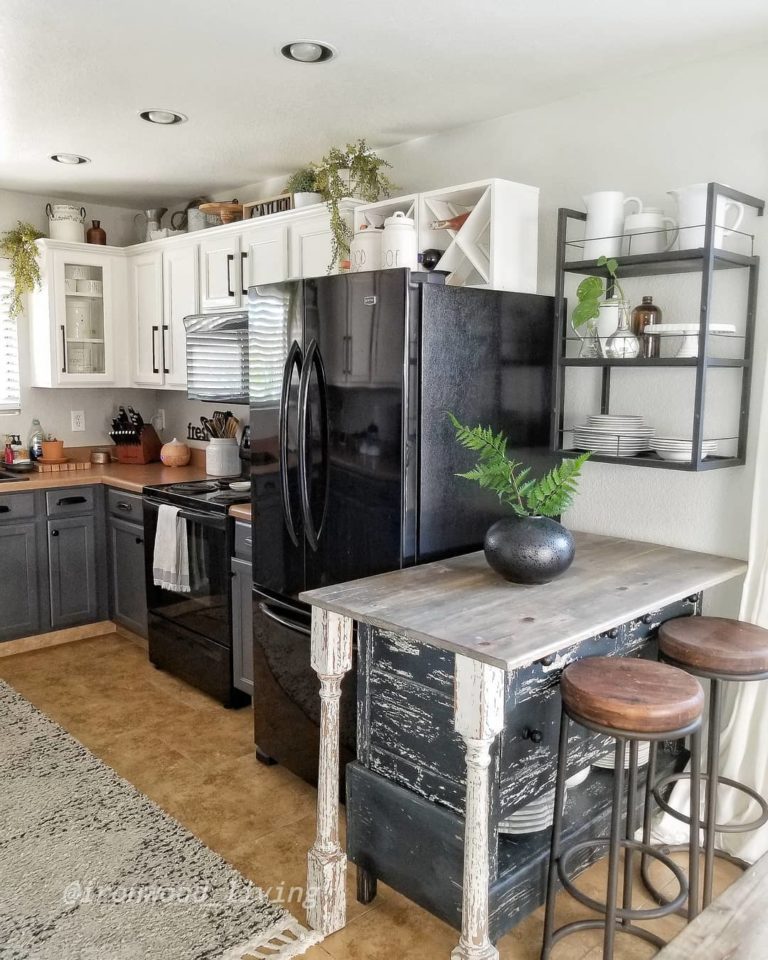How to Hire the Right Contractor for Your New Home
A contractor is a service provider and a legal entity you can hire to have a house erected according to a specific plan and sketch. In the case of building a house, the terms “Contractor” and “Builder” are interchangeable.
Here are the steps to take before you start looking for the right contractor for your new home.
Find an architect
If you are building a new house, start looking for a licensed and qualified architect in the area to sketch, plan, and design it. This step is crucial because the architect has the most responsibility of all professionals involved in building your new home. A project can cost up to $60,000, depending on the blueprint’s complexity. The architect’s company should agree to supervise the construction process as well.

How to look for a contractor
If you will need the services of a surveyor, look for one in the area and obtain the necessary documents from them about the feasibility of the use of the land to build the house on. For example, you can google home builders Perth, and select in between the best ranked professionals in your area.
Once you have those and the architect’s blueprint, you can start looking for a licensed and reputable contractor in your area to build your home.
Shortlist several contractors within a perimeter of 200 miles of your home. Not all of them will be willing to work with the blueprint, or their offers might exceed your budget. Look for at least ten contractors because the ones you can potentially make a deal with will be far fewer.

Narrow your search down
Ideally, you’ll narrow the list down to two or three contractors who agree to work within your budget and follow your architect’s blueprint. Your prospective contractors should meet certain criteria. These involve the size of their company and their level of experience as a bare minimum.
Experience
One way to gauge this parameter is to go to a nice part of town and ask who built the houses there. An obvious favorite would be someone who has spent years developing the urban landscape.
Size
Bigger isn’t always better with home builders. Bigger companies are interested in big projects, like apartment buildings, hotels, and residential complexes.
Small boutique contractors are dependable, and the materials they use are of very high quality. They adhere to deadlines, no matter how tight, and will follow the architect’s plan strictly. The only disadvantage of these contractors is their expensive offers.
Ideally, you’d opt for an average-sized company with many loyal customers and a good reputation. Medium-sized contractor firms have the most clients and the most practical experience.
Run a check on the contractor
Now that you’ve shortlisted some service providers, you should run a background check on each.
Running a background check on a construction firm is similar to running one on any other business. If you do a Google search, any relevant information in the press or negative reviews will show up immediately. For a more in-depth search, create an account on the Better Business Bureau’s website to check if they have been involved in any type of business lawsuits. You can use specialized background check websites or check the contractor’s staff using trusted people finders.
Turn to your neighbors
Not all reviews can be trusted, and many are paid, leading to a colossal waste of your time. The collective opinion is as powerful as ever in the age of the internet. Ask your neighbors if they know anything about your shortlisted contractors, and pay close attention to what they have to say.
Ask your contractor for certificates of material quality
A trusted and reputable contractor should be able to produce certificates for the materials they will use to build your house. Ask about the following:
- Standard laminate flooring
- Rainwater tanks
- Timber frames and trusses
- Ceiling and wall insulation
Home warranty
On average, construction warranties range from one to five decades, depending on the contractor’s offer. The warranty term is directly proportional to the project price.
Coverage
The average warranty covers the following given normal exploitation:
- Roof defects
- Structural defects on foundations and walls
- Malfunctions of the heating and cooling systems
- Blemishes on all of the house’s windows and doors
- Water leaks in the basement or cellar
When you look for a contractor for your new home, stay local to keep transport expenses as low as possible. Use local materials if you want extras like stonework. Choose a contractor with an immaculate reputation in the region who has at least a decade of experience.






